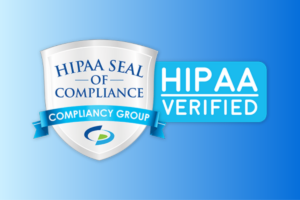
Several healthcare ransomware attacks have occurred over the past few months. Healthcare ransomware attacks occur when hackers access a healthcare organization’s patient data, demanding a sum of money for its return. The malicious encrypting of files leaves many organizations crippled in the months following an attack.
Healthcare Ransomware Attacks: Parkview Medical Center
April 21, 2020, Parkview Medical Center suffered a ransomware attack, targeting their electronic medical record (EMR) system. The attack is still under investigation, affecting an unknown number of patients. The Center has been scrambling to restore their EMR, however, they are continuing to treat patients and have resorted to using paper records.
“While our medical staff continue to work around the clock in response to the ongoing global pandemic, we are doing everything in our power to bring our systems back online as quickly and securely as possible,” stated a spokesperson for the medical center.
Is your organization secure? Find out now with our HIPAA compliance checklist.
Healthcare Ransomware Attacks: ExecuPharm
March 13, 2020, ExecuPharm was the victim of a healthcare ransomware attack. When the company refused to pay the ransom, hackers posted some of the stolen information online. The breach not only affected patients’ protected health information (PHI), but employees of ExecuPharm also had their data compromised.
Since the attack, ExecuPharm has bolstered their cybersecurity practices, including enabling multi-factor authentication, endpoint protection, and detection and response tools. They have also implemented email security measures to block ransomware emails.
Healthcare Ransomware Attacks: Brandywine Counseling and Community Services
February 10, 2020, Brandywine Counseling and Community Services experienced a healthcare ransomware attack affecting 4,262 patients. Upon investigation, it was discovered that compromised data included clients’ names, addresses, dates of birth, clinical information, provider name(s), diagnosis, prescription(s), treatment information, and some driver’s license and Social Security numbers.
To learn about how you can prevent healthcare ransomware attacks, please click here.







